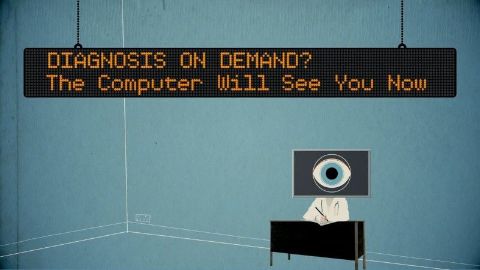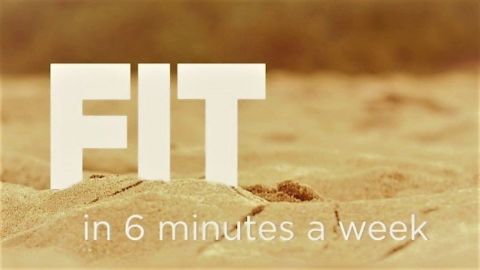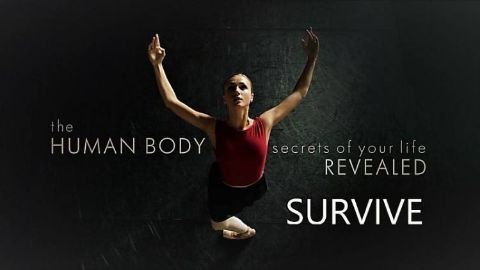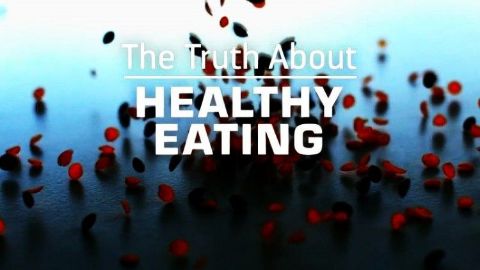50 Shocking Facts About Diet and Exercise • 2013
A countdown show looking at the shocking truth behind what we eat and the often dangerous and misguided methods we adopt in order to lose weight. Scientists, industry experts and exponents discuss the pros and cons of fad diets, 'healthy' foods and extreme exercise regimes. We all know about the benefits of exercise, good diet, looking good and living a healthy lifestyle, but most of the things that are good for us can bring side-effects that are precisely the opposite. Incontinence, infertility, infected genitalia, energy drink madness, hip replacements and even death are commonplace among the beautiful people – as are botched surgeries, extremely dangerous self-harming diets and bizarre exercise programmes.
Make a donation
Buy a brother a hot coffee? Or a cold beer?
Hope you're finding these documentaries fascinating and eye-opening. It's just me, working hard behind the scenes to bring you this enriching content.
Running and maintaining a website like this takes time and resources. That's why I'm reaching out to you. If you appreciate what I do and would like to support my efforts, would you consider "buying me a coffee"?
Donation addresses
BTC: bc1q8ldskxh4x9qnddhcrgcun8rtvddeldm2a07r2v
ETH: 0x5CCAAA1afc5c5D814129d99277dDb5A979672116
With your donation through , you can show your appreciation and help me keep this project going. Every contribution, no matter how small, makes a significant impact. It goes directly towards covering server costs.





